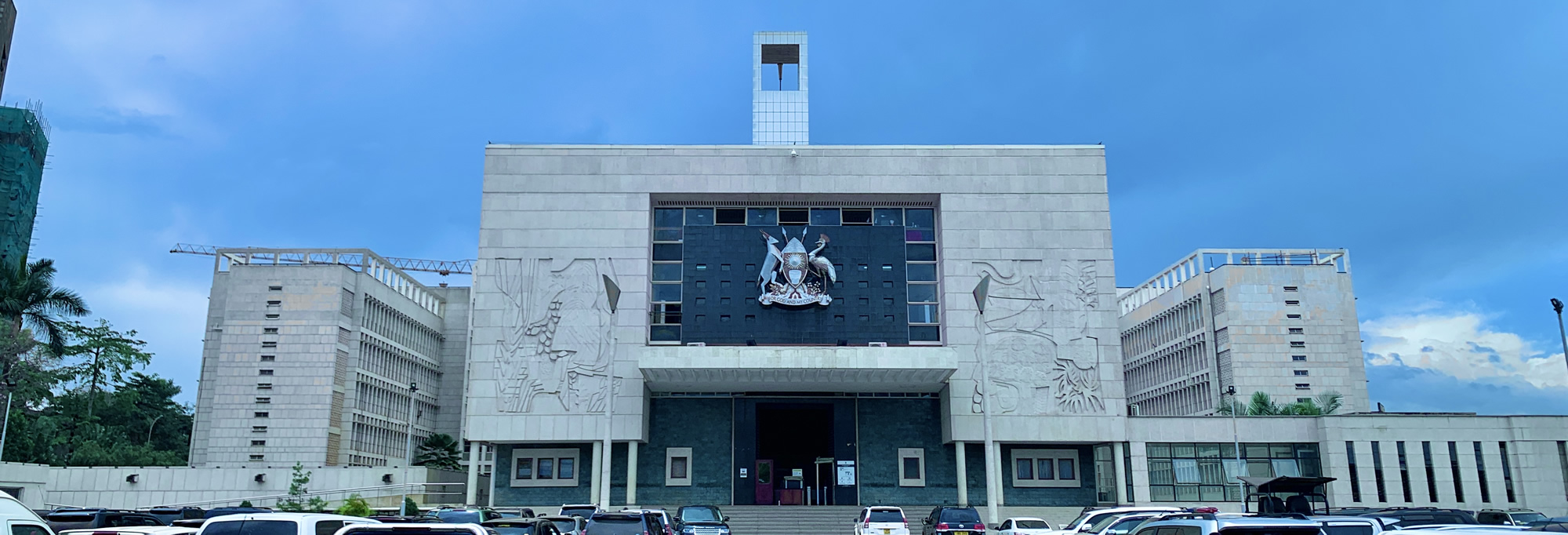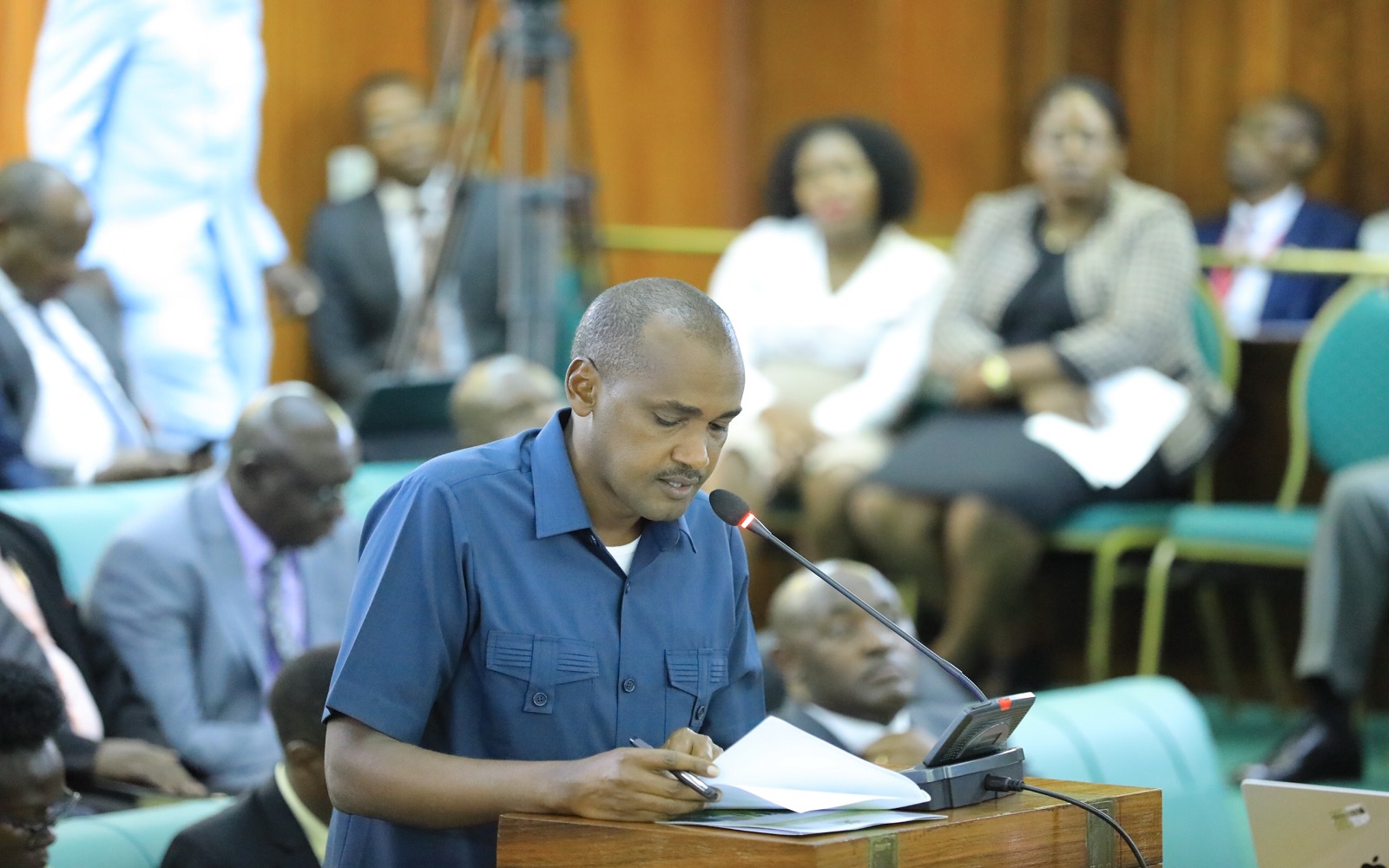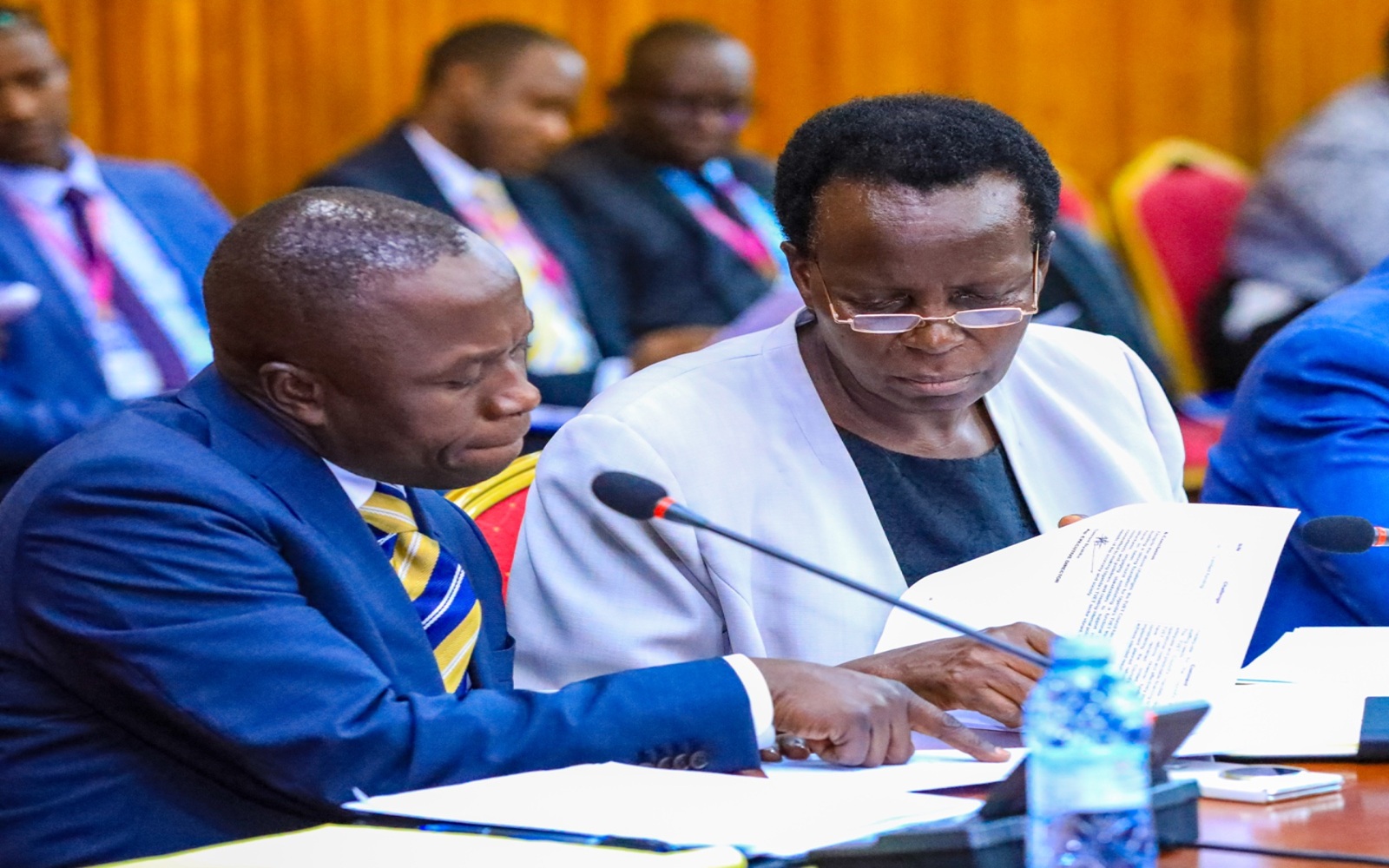The Minister of Agriculture, Animal Industry and Fisheries (MAAIF), Hon. Frank Tumwebaze, has rallied legislators for support in educating the country on the export free opportunities for Ugandan products to China.
Tumwebaze said government during the 2024 Forum on China-Africa Cooperation (FOCAC) in China, formalised two protocols to allow select Ugandan products into Chinese markets at a 98 percent tax waiver.
“As part of the outcomes of the forum, MAAIF and the General Administration of Customs of China [GACC] signed a protocol on inspection, quarantine, and sanitary requirements of wild aquatic products including Nile Perch fillets, headless and gutted Nile Perch, fish maw, fish skins, fish scales, and silver fish products to be exported from Uganda to China,” said Tumwebaze.
The minister was presenting a statement on the actions taken by government to comply with export market requirements for dried chilies, wild aquatic products and coffee, during the plenary sitting chaired by Speaker, Anita Among, on Thursday, 03 October 2024.
MAAIF also signed protocols to formalise an agreement for Uganda to commence export of dried chilies to China.
Tumwebaze observed that the two agreements require prospective Ugandan exporters to undergo assessment, noting that products of animal origin must be scientifically tested and confirmed as fit for human consumption
“This is the primary reason for having protocols in place. The lack of protocols in place meant that our products could not enter the Chinese market and if they were to, they would move through non-designated trade routes and consequently reach China as if originating from other countries,” he said.
Tumwebaze said the ministry will facilitate the process that will require all intending exporters to formally write to MAAIF expressing interest to export to China.
“The Ministry will carry out a pre-audit on the export compliance status of the various establishments and thereafter recommend the entities to GACC for registration,” he said.
He noted that Uganda’s Embassy in Beijing and the consulate in Guangzhou are on board to support intending exporters with advisory services such as business-to-business negotiations, marketing and translations.
The minister also justified the ongoing registration of coffee farmers in Uganda, saying it is a requirement by both domestic markets and the European Union which consumes 60 percent of Uganda’s coffee exports.
In 2020 the EU passed the European Union Deforestation Regulation, ensuring that agricultural products including cattle, cocoa, coffee, oil palm, soya, wood, and rubber should be free from deforestation and forest degradation.
The EU regulations came into effect on 29 June 2023 and will come into application on 30 December 2024.
Tumwebaze said the government call for registration of coffee value chain actors is an essential precursor to the creation of a National Traceability System.
“Registration is not to serve any other purpose apart from enabling the development of the value chain and access to global markets. The issue of traceability is becoming critical to all markets as consumers are increasingly aware and therefore need to know the source of what they consume,” said Tumwebaze.
The Speaker referred the minister’s statement for further scrutiny by the House Committee on Tourism, Trade and Industry.





